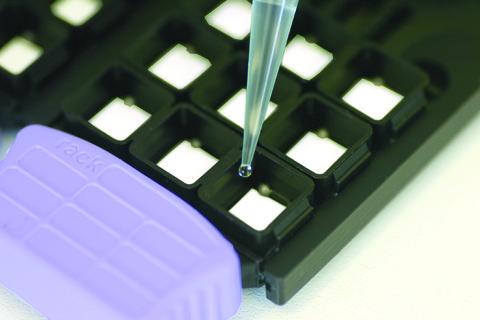
Randox Food Diagnostics has brought the first multi-analyte screening test for Coccidiostats to the market following 24 months of development.
Coccidiosis is a parasitic disease of animal intestinal tracts caused by coccidian protozoa. Symptoms usually include bloody droppings, weight loss and mortality in young chickens.
With no sign of the growth in global appetite for poultry meat waning (up by 50% since 2000), the pressure on producers to farm intensively is ever increasing.
That in turn, leads to over-cramped conditions perfectly suited to the spread of coccidiosis amongst flocks.
To prevent infection, farmers may administer prophylactic antiprotozoal Coccidiostats in feed, which increases the chance that coccidiostat residues are retained in both poultry meat and eggs.
To reduce the risk of toxicity to consumers, regulatory authorities have set Maximum Residue Limits (MRLs) recommending an appropriate withdrawal period prior to slaughter.
Mariclare McGarrity, senior customer support scientist said of the company’s launch: “The key issue is the range of coccidiostat drugs utilised in the poultry industry. This leaves traditional single-analyte screening ELISA products unsuitable and inefficient. Producers are more likely to utilise confirmatory testing.”
However, Randox’s ground-breaking Biochip Array Technology is optimised for multiplex testing, identifying up to 22 different analytes from a single sample. As a result, it is an ideal platform to detect and quantify the whole range of commonly-used Coccidiostats throughout the global market.
“Engaging with current and potential customers, we are keenly aware of the level of anticipation around this product, and we are confident it will meet the needs of a market seeking a cost-effective innovative solution,” McGarrity said.




